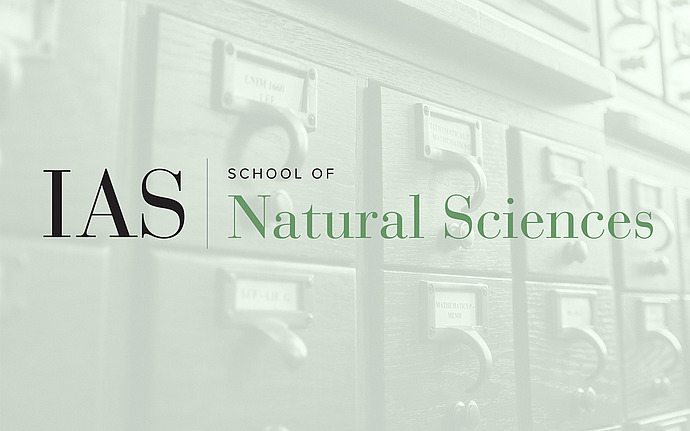
Institute for Advanced Study/Princeton University Joint Astrophysics Colloquium
Weak Gravitational Lensing: Higher-order statistics and new inference approaches
To include the full non-Gaussian information about cosmology and the large-scale structure from measurements of weak gravitational lensing, one needs to go beyond second-order correlations. In my talk I first show results from the aperture-mass skewness, a measure of the weak-lensing bispectrum, using data from CFHTLenS (Canada-France Hawaii Lensing Survey). I then focus on weak-lensing peak counts, an indirect probe of the halo mass function. I present a new fast and flexible model of peak counts. This model allows us to use new statistical inference methods that do not require assumptions about the functional form of the likelihood of the observables, e.g. Gaussianity. In particular, I will present results using Approximate Bayesian Computation (ABC), a new technique that has recently gained momentum in the astrophysics community.
Date & Time
March 27, 2018 | 11:00am – 12:00pm
Location
Princeton University, Peyton Hall AuditoriumSpeakers
Martin Kilbinger
Affiliation
CEA Saclay Centre dEtudes Atomiques (CEA) de Saclay
Event Series
Categories
Notes
Coffee and refreshments are available from 10:15 am in Peyton Hall Common Room.